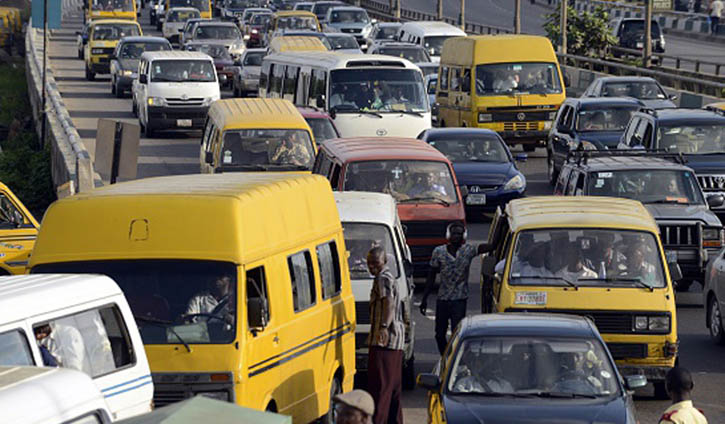Giving his inaugural speech, President Bola Ahmed Tinubu announced the news that has changed everything for Nigerians to date the end of the fuel subsidy regime. This immediately affected the livelihood of the whole nation, as fuel prices immediately started skyrocketing.
Table of Contents
Suddenly, the price of fuel moved from N225/per litre to N580/per litre. While Nigerians were still adjusting to the blow, fuel prices quickly skyrocketed across the country, with some parts of the country selling at about N600/per litre while others selling at about N700/per litre.
Today, that’s the reality of many Nigerians, who have been forced to deal with this tough reality of the price of fuel. This has, however, affected the cost of transportation in the country, both short shuttles and transport companies that travel inter-state. Even the average Nigerian would spend over N50k to fuel their vehicle’s tank.
Some have claimed that the path toward subsidy removal requires careful planning, effective communication, and collaboration among stakeholders. It is crucial for the government to address public concerns, provide support for vulnerable populations, and promote renewable energy adoption.
As the president announced, the petrol subsidy is gone. Adjusting to the new normal is crucial. It is important to note that the process of subsidy removal will be accompanied by measures to mitigate the impact on the most vulnerable segments of society. One of these measures is the provision of affordable public transportation for citizens to reduce the harsh blows of subsidy removal.
Speaking on the matter, experts note that the Nigerian government’s provision of vehicles for public transportation at lower rates will enable most citizens to manage the realities of fuel subsidy removal.
With the presence of government-subsidized public transportation, car owners in Nigeria will reduce their reliance on consistently fueling their vehicles for daily activities and will take advantage of government-provided cheaper public transport.
In general, while the Nigerian fuel subsidy removal case is complex and multifaceted, its economic implications on citizens and car owners must be addressed. By removing subsidies and implementing alternative palliative measures, Nigeria can free up resources, and the government will be providing much-needed aid to citizens who are in dire need of means to reduce the excessive amount they spend on fuel lately.
Have 1 million naira and above to Buy or Sell Cars In Nigeria? Check carlots.ng
All rights reserved. Reproduction, publication, broadcasting, rewriting, or redistribution of this material and other digital content on carmart.ng is strictly prohibited without prior express written permission from Carmart Nigeria - Contact: [email protected]





